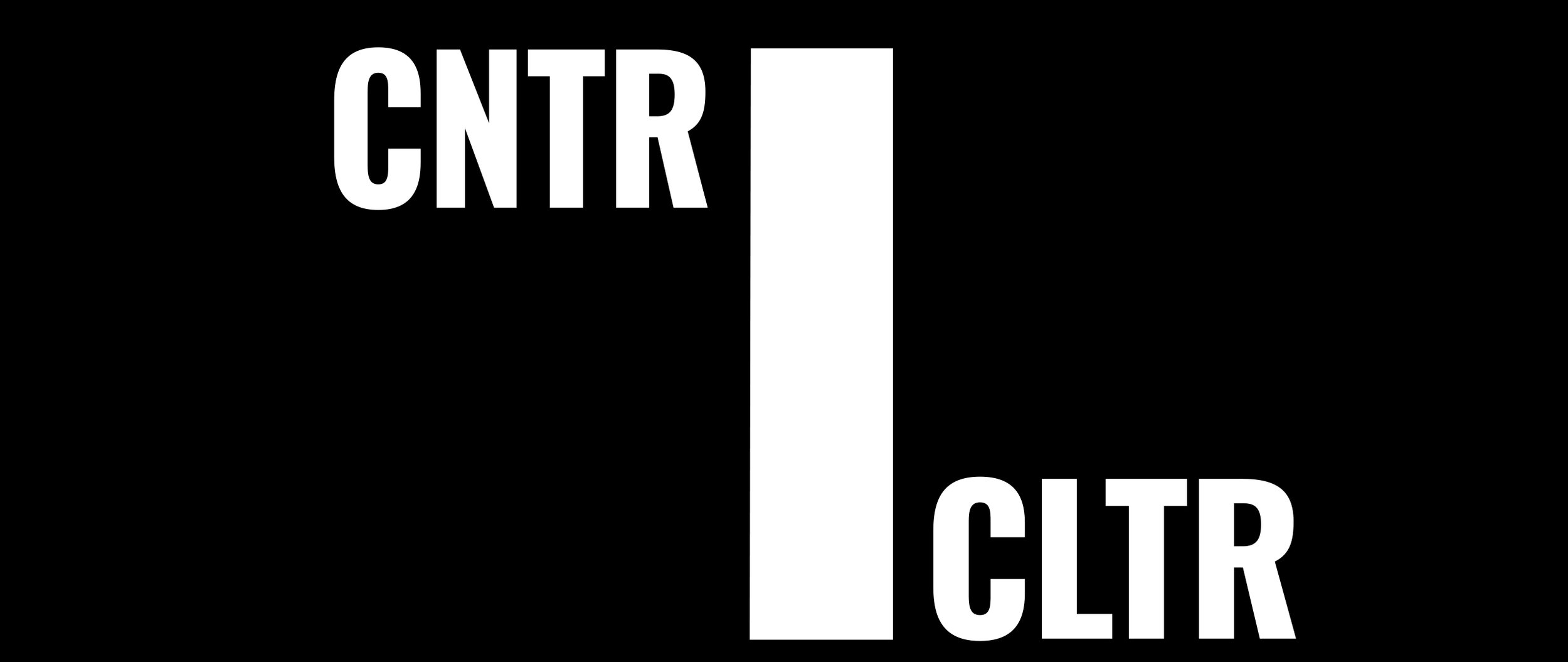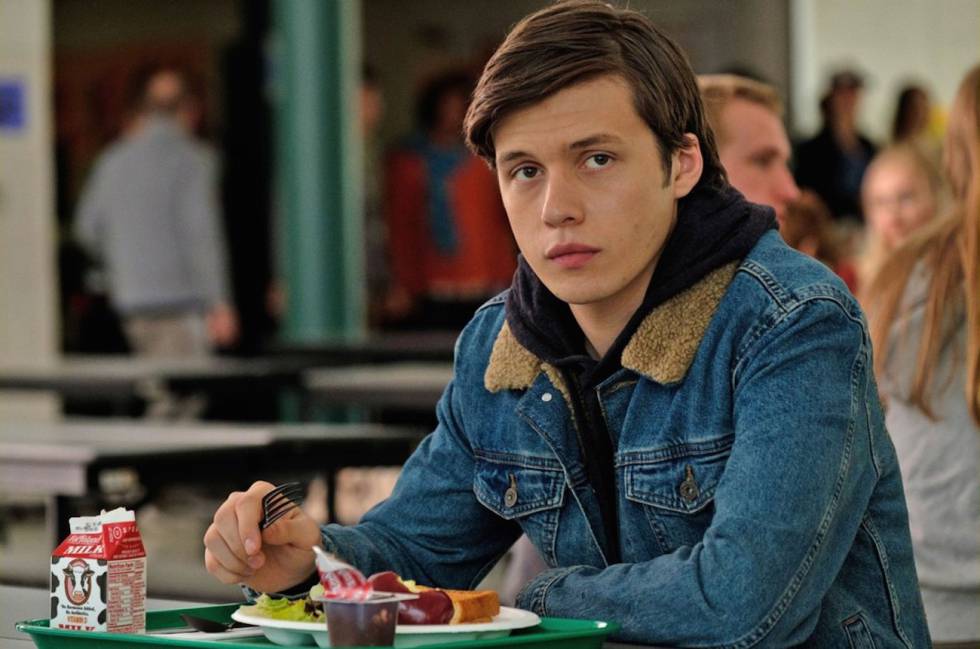Love, Simon | Two Steps Forward, One Step Back
Earlier this year, the film "Love, Simon: released to high critical praise but very little fanfare from the mainstream. It debuted only in fifth place at the box office. Eventually, the film ended its short run with a $40 million domestic cum along with an addition $25 million from other territories. This falls short of fellow contemporary teen romance film "The Fault In Our Stars", which managed to collect over $300 million worldwide. I suppose comparing the two isn't entirely fair for the same reason why comparing Harry Potter and Percy Jackson isn't.
Nonetheless, for months I have been eager to see what appeared to be one of, if not "the", first mainstream film centered around a teenage protagonist dealing with their homosexuality. The trailers seemed promising enough, and all the buzzwords used in every reviewer's headlines had me excited. However, the months came and went, and it wasn't until this past month and a half when "Love, Simon" had released on home video did I finally take the time to watch it. And you know - it was fantastic.
Just as a brief rundown - "Love, Simon" details our titular character's plight as he struggles to come out as a homosexual. Taking notes from old John Hughes' classics, the film is shot and directed very lifelike, the comedy is cute, and the main cast is likeable. But the main thing I enjoyed the most from it was how authentic the film felt.
Source: 20th Century Fox
You can tell from the scenarios that Simon relays to the audience about his time of sexual awakening that some definite time and care went into the film. From having constant dreams about Daniel Radcliffe to watching videos of Panic at the Disco but not paying attention to the singing, the dialogue feels like it came from someone's actual experience and elevates the film to another level.
"Love, Simon" places all of these little touches in there that make me appreciate it in the same way I appreciate films like "Coco" and "Black Panther". The authenticity and the love that is place within each of these movies is evident and dripping in every scene. And while it is important that the LGBTQ community get the same caliber of quality as Mexicans and Blacks have received recently, "Love, Simon" misses one critical piece of the puzzle that the aforementioned received.
The use of actors actually in that minority.
I find it pertinent not to understate the small portion of cinema the LGBTQ actually represent to expound on my point. According to the GLAAD organization's 2018 Studio Responsibility Index (reported every year), only 12.8% of all films released from major production studios in 2017 contained characters identifying as a part of the LGBTQ community. Of all mainstream releases that same year, only 28 LGBTQ characters were found regardless of their particular role within the film (whether it be primary or supporting).
Source: GLAAD
If we take a closer look at GLAADs findings on 20th Century Fox (Love, Simon's distributor), we see the organization gave the company an "Insufficient" rating. Out of all 14 films released by the studio in that year, only 2 were LGBTQ-inclusive.
While "Love, Simon" will surely be counted towards GLAADs 2019 report and pass their Vito Russo Test (post infographic), I believe GLAAD should be going even further to promote LGBTQ-inclusiveness in the industry. By that I mean reporting on the amount of LGBTQ actors within the industry and putting studios to task on utilizing them in their releases.
It's hard find any actual numbers in this regard, but according to a study conducted by Gallup in 2017, over 10 million Americans identify as LGBTQ. This number isn't stagnating or declining either - since Gallup began conducting this study in 2012 the number has only gone up with no signs of slowing. I should also point out that this study doesn't include people who are part of the community who are unwilling to publicly identify, only increasing that number.
Source: Gallup
So color me slightly skeptical that one of the largest movie studios in Hollywood wasn't able to find an actual gay actor to portray Simon. In fact, I can only pinpoint one actor from the entire cast of "Love, Simon" as being LGBTQ (Keiynan Lansdale, for those curious). I will give 20th Century Fox the smallest amount of kudos for including at least one actor.
"But why does it really matter? Shouldn't you be getting the best person for the job, not just someone to fill a quota? If it's someone unknown in the lead role, it won't sell!"
Look, I get it. It's great that we got such a fantastic film that touches on the nuances of actually being gay without resorting to stereotypes or tropes. It's great that the community got some proper representation (although Transgender, Bisexual, and Lesbian representation is lacking - something I may come back to in another article), but it deserves even better. People have made these same counterpoints like I just wrote in the quotes above for pretty much all minorities, and you know what, they still suck. We need to continually be putting these studios under pressure to do better, not just good enough. We wouldn't have gotten "Coco" if we settled for "Book of Life". We wouldn't have "Black Panther" if we thought "Hancock" and the guest spots in "Iron Man 1 and 2" were sufficient.
Source: Walt Disney Pictures
And even though I mention these movies as pinnacles of representation for these minorities, we can’t just stop there. Progress happens one step at a time, and let's never just settle for anything less than the best. I don't want to discourage people from watching "Love, Simon" with this piece. It definitely represents movement in the right direction, and I really did enjoy it. But let's hope that next time we make it to top of this set of stairs and not just stay where we are.
If you are further interested in the findings that GLAAD found, here’s a link to their 2018 Studio Responsibility Index. Information I took concerning LGBTQ population in the United States can be found here.




